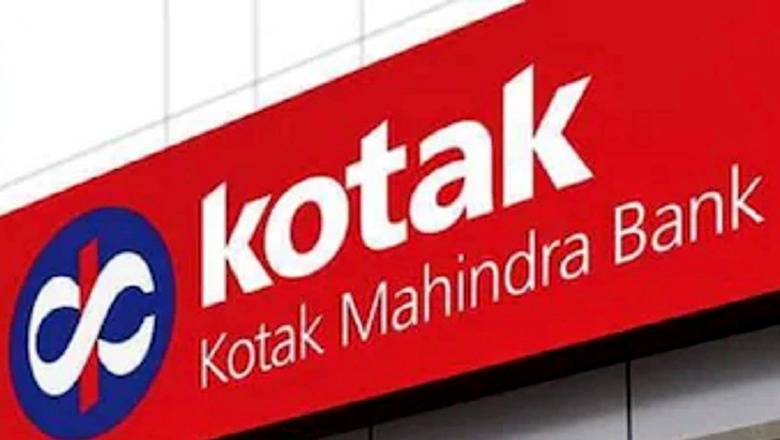
views
The Reserve Bank of India has recently issued a notification saying that promoters can own up to 26 per cent shares in a bank, up from the previous rule of holding only 15 per cent of the stake. In a recent panel meet last week, the central bank accepted most of the recommendations of its working group on corporate ownership of private sector banks, It further allowed unrestrained promoter shareholding in the first five years of operations of a bank. RBI’s new bank ownership rule will benefit leading banks like Kotak Mahindra Bank and IndusInd Bank, among others, which have been seeking more time from the regulator to divest their stakes for many years now.
So, the overhang that was vested on the Kotak Mahindra Bank is set to stand void now. The bank’s managing director Uday Kotak does not have to sell his 26 per cent stake of the bank after the RBI’s new bank ownership rule.
According to CNBC- TV18’s Latha Venkatesh, it could also be an advantage to IndusInd Bank because the Hindujas have already put out a statement that as and when the directives come, they will increase stake.
However, all new investments have to pass RBI’s ‘fit and proper’ hurdle, nevertheless that could be a positive.
Accepting 21 of the 33 recommendations of the internal working group, the central bank said the remaining suggestions are under its consideration.
The RBI constituted the working group on June 12, 2020, and the panel submitted the report on November 20, 2020, inviting comments of stakeholders and members of the public by January 15, 2021.
The report favours continuation of the 40 per cent minimum holding for the first five years to ensure that promoters maintain their skin in the game and also to ensure credibility of the control of the promoter group till the business is properly established and stabilised. It will also ensure that the promoter remain committed to the bank in the formative years, providing it necessary strategic direction.
There is no need to fix any cap on the promoters’ holding in the initial five years as the existing licensing guidelines have not mandated any cap on promoter’s shareholding in the first five years as initially it may be challenging for a new bank to raise capital from external sources or investors. So allowing them to hold higher stake will enable the promoter to infuse additional capital, as and when required, the RBI said, accepting the report.
More importantly, the RBI also accepted suggestion to increase the cap on the promoters’ stake in long run of 15 years may be raised from the current levels of 15 per cent to 26 per cent of the paid-up voting equity share capital of the bank.
However, the RBI said this stipulation should be uniform for all types of promoters and would not mean that promoters, who have already diluted their holdings to below 26 per cent, will not be permitted to raise it to 26 per cent of the paid-up voting equity share capital of the bank. The promoter if desires, can choose to bring down holding to even below 26 per cent, any time after the lock-in of five years.
While accepting this, the RBI clarified that non-promoter shareholding will be capped at 10 per cent of the paid-up voting equity share capital in case of natural persons and non-financial institutions/entities and at 15 per cent of the paid-up voting equity share capital of the bank in case of all categories of financial institutions/entities, supranational institutions, public sector undertaking or government.
(With PTI inputs)
Read all the Latest Business News here















Comments
0 comment